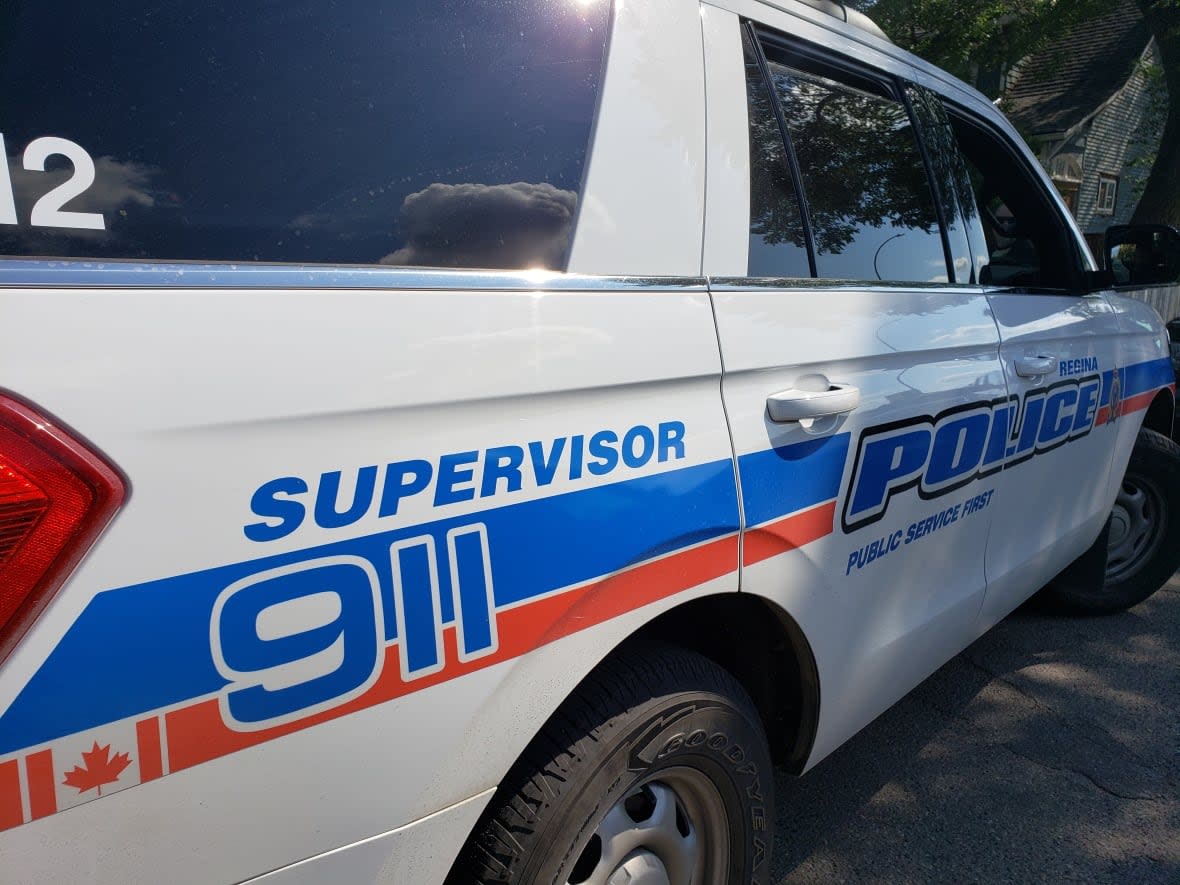Sask. Polytechnic grad partners with Regina police on mental health education

After seeing a number of news stories about the growing mental health and addictions crisis in Saskatchewan, Kelsey Knipple decided to do something about it.
Knipple, a recent graduate of Saskatchewan Polytechnic's psychiatric nurse program, decided to start a research project looking at the interactions Regina police had with mentally ill people.
She surveyed officers using an anonymous online form and asked them how prepared they were to deal with mental health calls. Knipple said she learned a lot from the research.
"Police really wanted more mental health professionals to work alongside them," she told CBC Radio's The Morning Edition.
"They just wanted more support from more professionals that had more of a working knowledge of some of these different crises."
Knipple enroled into Sask. Polytechnic's applied research program to do the research, and graduated in 2021. She now works at Mobile Crisis Services in Regina.
Sgt. Sheri Wild acted as Knipple's contact in the Regina Police Service and said the research came at a good time, as people's mental health supports were disrupted during the pandemic.
"It highlighted that officers were fairly comfortable with attending to these calls for service, but they were looking for more insight and more collaboration," said Sgt. Wild.
"Once the crisis is diffused, how can we better support the client and get them connected to services?"
Knipple also wrote three easy-to-read manuals for officers, dealing with everything from signs of mental illness, behaviours associated with drug use and a guide to de-escalate situations with people who may have mental illness.
She said the books were designed to help officers navigate tricky situations.
"A phrase that could be used if a person is hearing voices, 'How are you feeling? You've mentioned feeling frightened. How can I make you feel safer as an officer?'"
"Things like that, that are easy to use phrases, but that can kind of quickly build that rapport."
The survey was open to all Regina police front-line officers, and 44 officers completed the survey.

 Yahoo Movies
Yahoo Movies 
